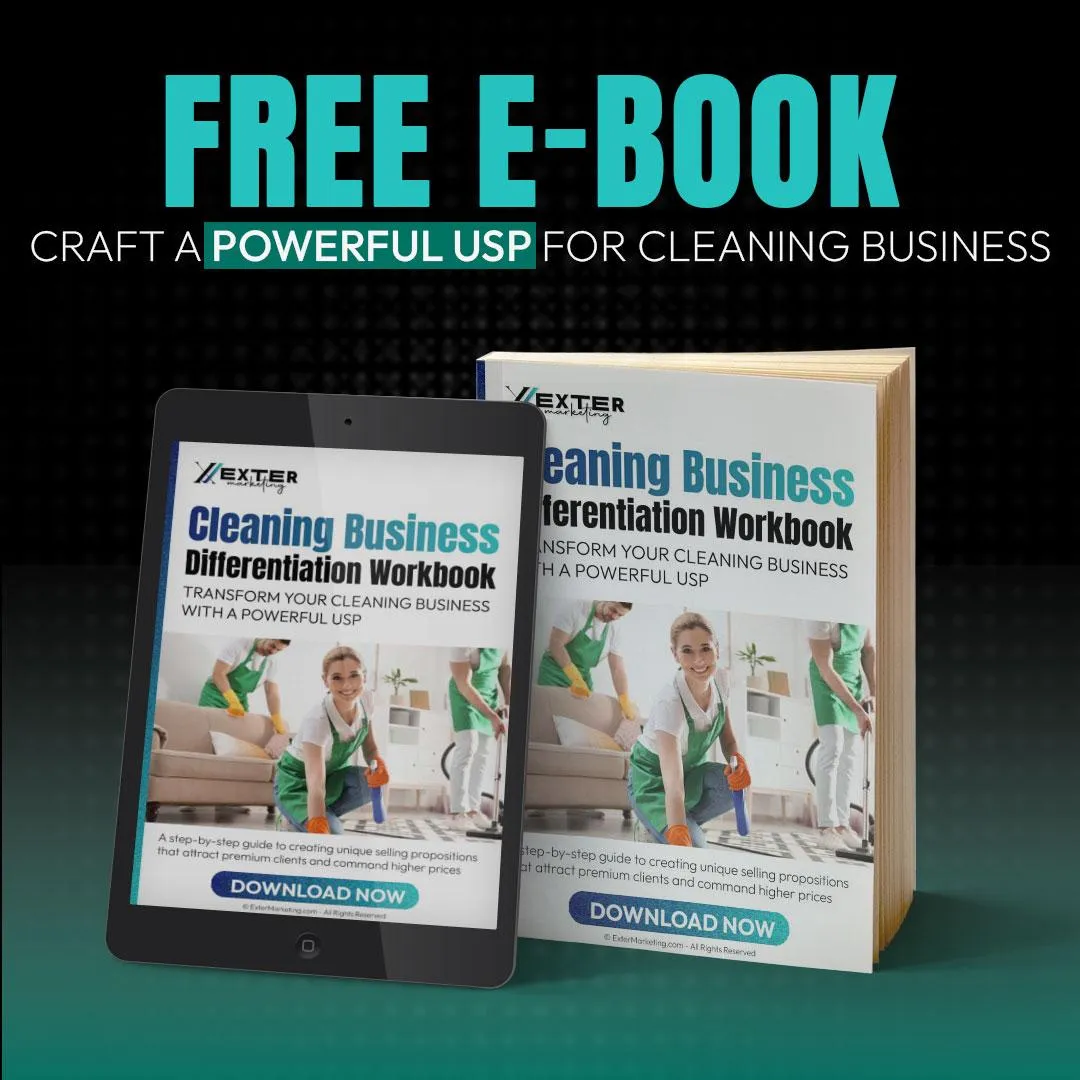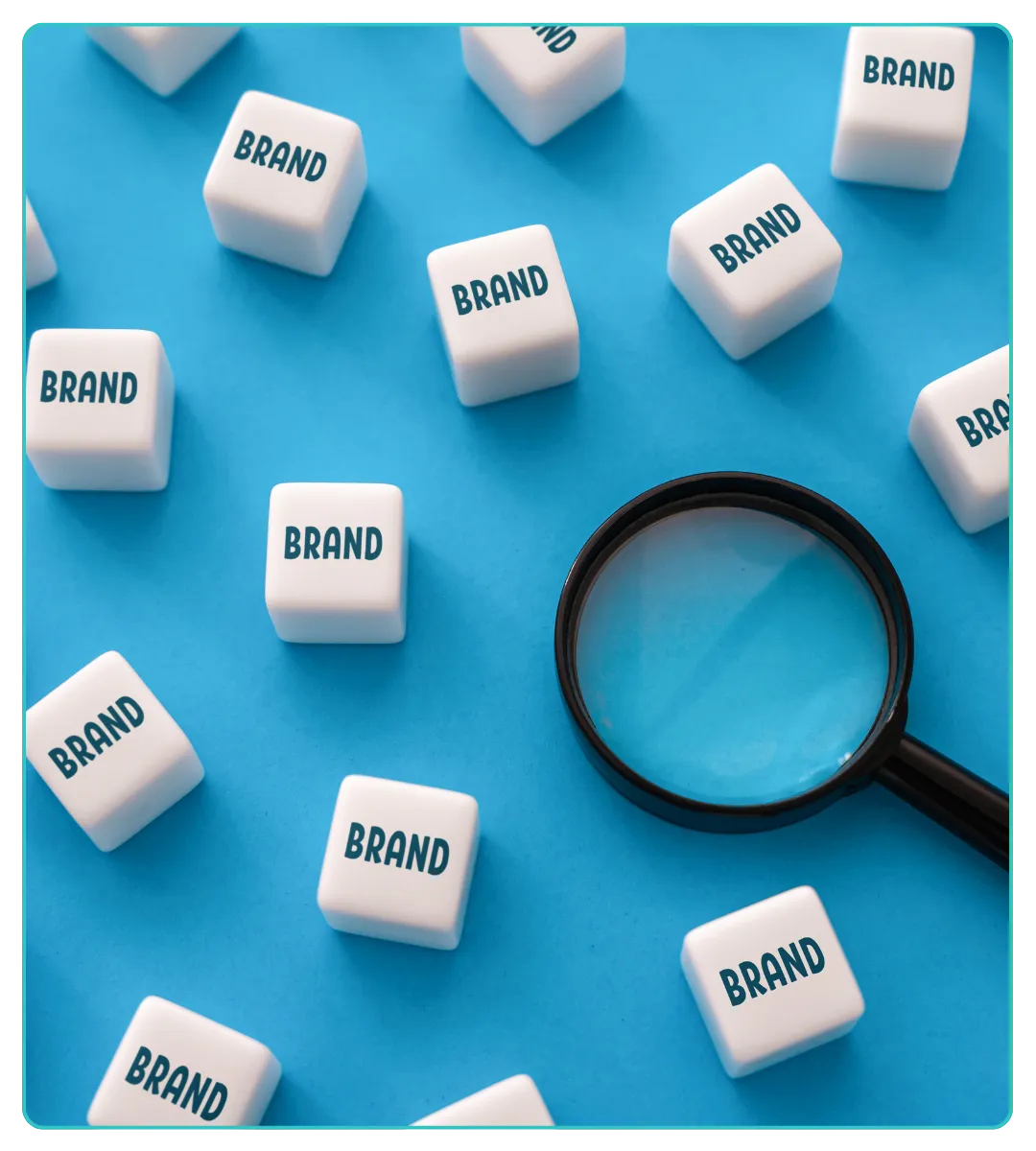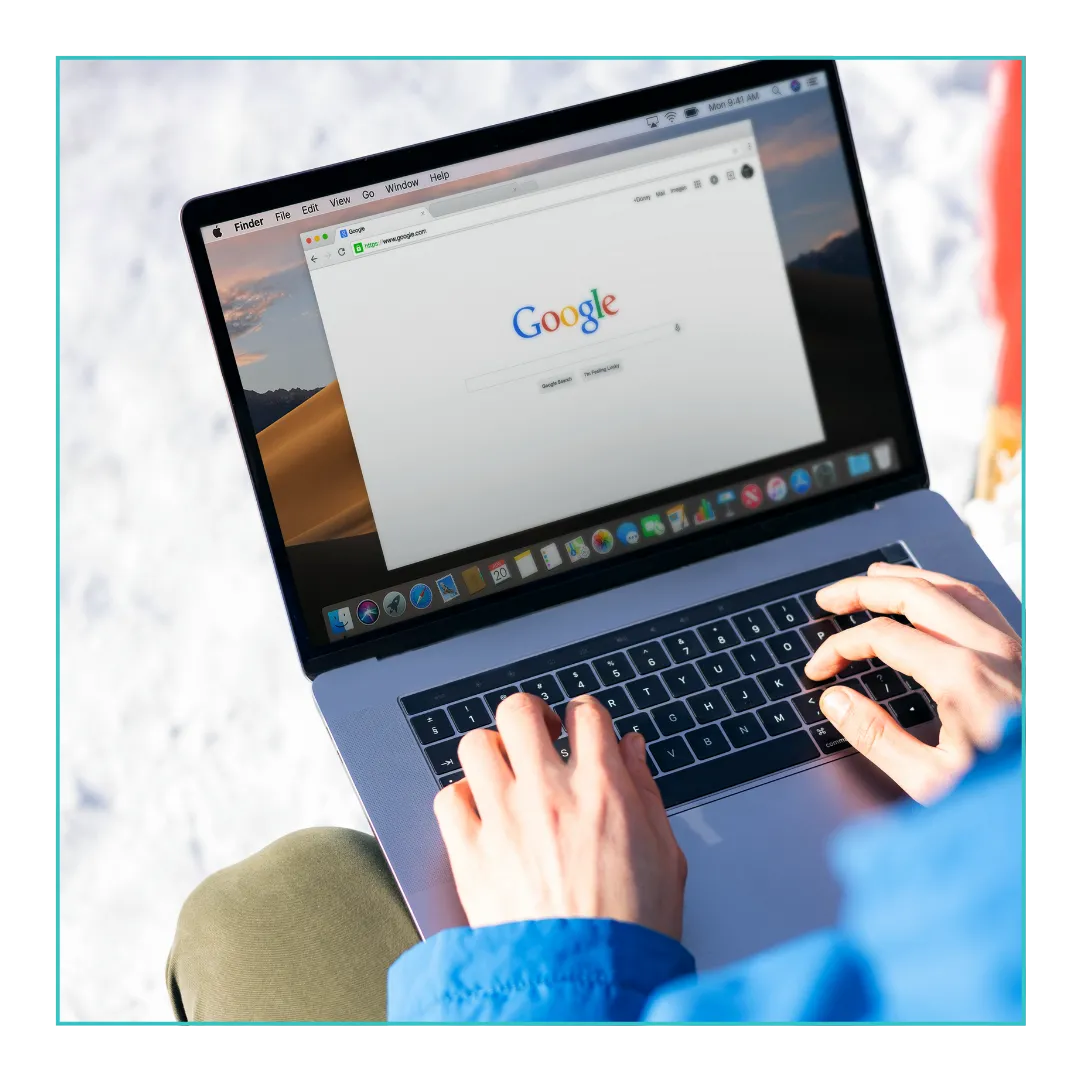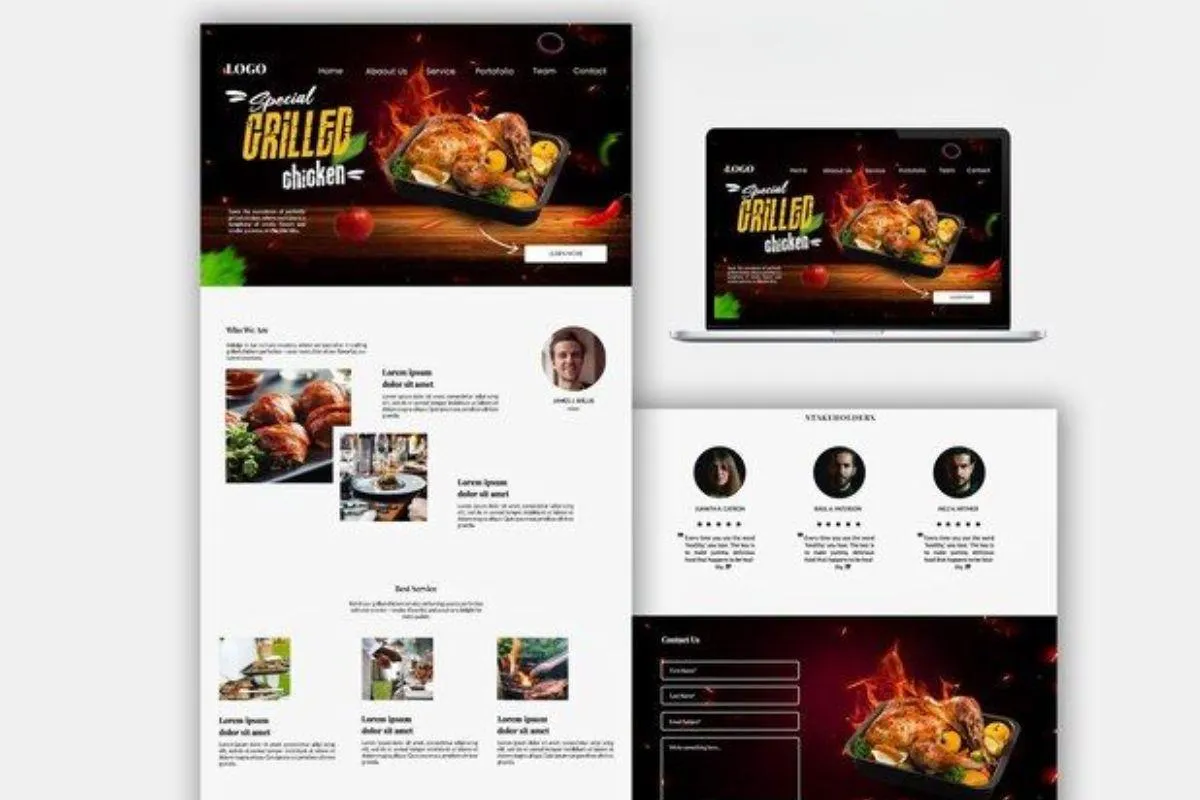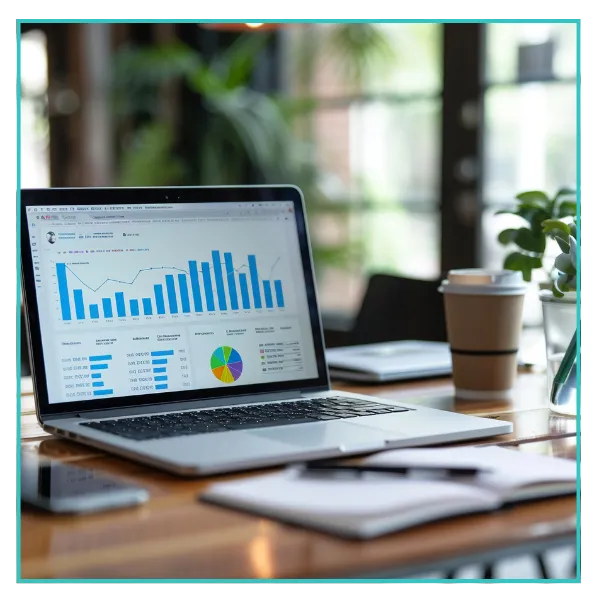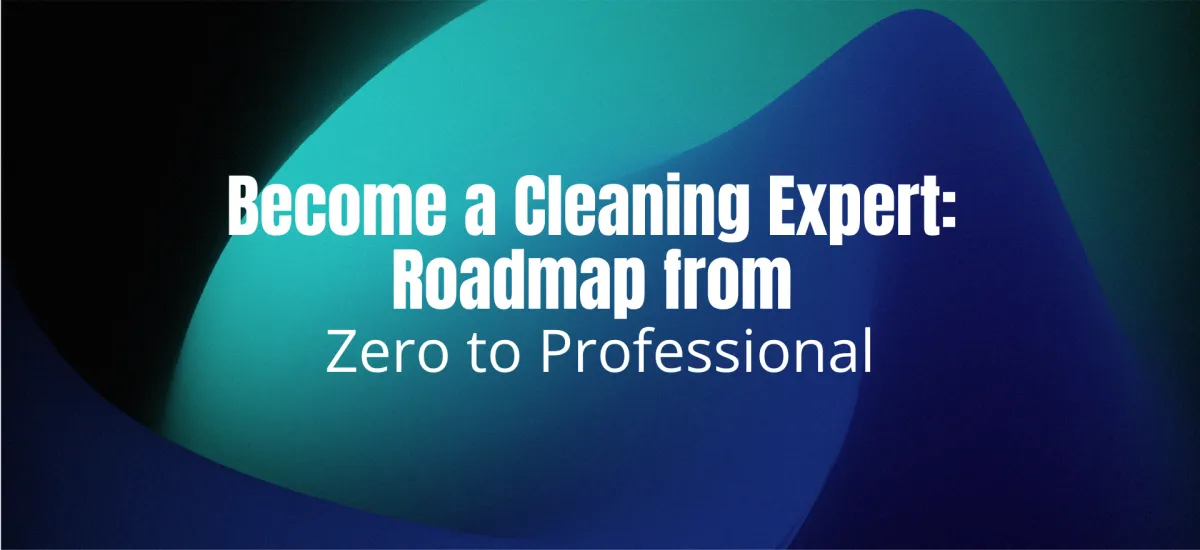
Become a Cleaning Expert: Roadmap from Zero to Professional
Step 1: Understand the Role of a Professional Cleaner
Step 2: Learn Basic and Advanced Cleaning Techniques
Step 3: Take a Professional Cleaning Course or Certification
Step 4: Build a Cleaning Supplies Checklist
Step 5: Get Experience (Start Small)
Step 6: Build Your Personal Cleaning System
Step 7: Learn How to Communicate Like a Pro
Step 8: Specialize in a Cleaning Niche
Step 9: Build a Professional Brand (Even If You’re Solo)
Step 10: Use Tools to Work Smarter
Step 11: Market Yourself as an Expert
Step 12: Set Prices Wisely and Scale Up
Do I need a license to be a cleaner?
How long does it take to become a cleaning expert?
The cleaning industry is growing fast. With businesses and homes needing regular cleaning, professional cleaners are in high demand. But to stand out in this field, being “good” at cleaning isn’t enough you need to become an expert cleaner.
Whether you're starting from scratch or looking to sharpen your skills, this step-by-step roadmap will guide you from beginner to cleaning professional.
Step 1: Understand the Role of a Professional Cleaner
Before jumping in, it’s important to understand what it means to be a cleaning expert. This goes beyond just knowing how to clean. It includes:
Knowledge of different surfaces and how to clean them
Mastery of cleaning equipment and products
Strong time management and organization
Professional communication and customer service
Understanding hygiene and safety regulations
A cleaning expert is reliable, efficient, and detail-oriented and also knows how to run a cleaning business or work with cleaning teams.
Step 2: Learn Basic and Advanced Cleaning Techniques
To become an expert cleaner, start by learning basic cleaning techniques, then move on to advanced ones.
Basic Cleaning Skills:
Dusting and vacuuming
Sweeping and mopping
Bathroom and kitchen cleaning
Garbage removal
Safe use of basic cleaning chemicals
Advanced Cleaning Techniques:
Deep cleaning (appliances, grout, carpets)
Sanitization and disinfection
Post-construction cleaning
Upholstery and curtain cleaning
Green/eco-friendly cleaning
Using commercial equipment (buffers, steam cleaners)
Look up video tutorials or sign up for online platforms like Udemy, Coursera, or YouTube channels focused on home and commercial cleaning.
Step 3: Take a Professional Cleaning Course or Certification
While not always required, taking a cleaning course boosts your credibility and skills. Certifications show clients that you are trained and serious about your work.
Recommended Certifications:
IICRC Certification (for carpet, upholstery, and more)
OSHA Safety Certification (for commercial cleaners)
ISSA Cleaning Management Institute (CMI)
Green Seal or Eco-friendly Certifications (if using non-toxic products)
Search your local community colleges, adult education centers, or online platforms that offer professional cleaning programs.
Step 4: Build a Cleaning Supplies Checklist
An expert cleaner knows exactly what tools they need.
Basic Cleaning Tools:
Microfiber cloths
Mops and brooms
Buckets and spray bottles
Vacuum cleaner
Advanced/Professional Tools:
Steam cleaner
HEPA-filter vacuum
Floor polisher
Window cleaning tools
Commercial-grade disinfectants
Knowing when and how to use these tools separates a pro from an amateur.
Step 5: Get Experience (Start Small)
Start with:
Your own home
Friends’ or family members’ homes
Volunteer for a local community center or church
This allows you to:
Practice time management
Work on different surfaces
Learn how to interact with “clients”
Build confidence
Take before-and-after photos to start building a cleaning portfolio.
Step 6: Build Your Personal Cleaning System
Every expert cleaner has a method. As you gain experience, develop your own cleaning workflow.
For example:
Start high (dusting ceiling fans and shelves)
Move down to surfaces and fixtures
Finish with floors
A system saves time and improves quality. You can also build checklists for bathrooms, kitchens, bedrooms, etc.
Step 7: Learn How to Communicate Like a Pro
Client interaction is as important as cleaning. You must be:
Polite and professional
Punctual and reliable
Open to feedback
Able to explain your methods and pricing clearly
Soft skills are key. Happy clients = repeat business and referrals.
Step 8: Specialize in a Cleaning Niche
Experts often specialize to increase their income and improve client targeting. Here are some niche ideas:
Post-construction cleaning
Move-in/move-out cleaning
Green or eco-friendly cleaning
Luxury home cleaning
Commercial office cleaning
Airbnb or vacation rental cleaning
Pick one or two niches to focus on and become known for your excellence in those areas.
Step 9: Build a Professional Brand (Even If You’re Solo)
Your brand includes your name, how you present yourself, your logo, your website or social media pages, and how you interact with clients.
Essentials:
Create a business name
Design a basic logo (use Canva or hire a designer)
Build a one-page website or Google Business profile
Print simple business cards or flyers
You don’t need to be a company to look professional. Even solo cleaners benefit from branding it shows you're serious.
Step 10: Use Tools to Work Smarter
Professional cleaners use technology to stay organized and provide a great customer experience.
Tools to Use:
Scheduling software (like Exterly, Jobber, or Square Appointments)
Invoicing tools (like Wave or QuickBooks)
CRM software to track clients and leads
Review management system to collect testimonials
Many cleaning businesses fail not because of poor cleaning but due to poor organization. These tools help fix that.
Step 11: Market Yourself as an Expert
You need to market yourself to become known and grow. Use strategies like:
Word of mouth and referrals
Posting cleaning tips on social media
Running local Facebook or Google ads
Handing out flyers in your area
Asking happy clients for Google Reviews
Also consider joining cleaning directories or local service platforms.
Step 12: Set Prices Wisely and Scale Up
Pricing as an expert means you know your worth. Do market research, then:
Charge for quality
Create packages (weekly, bi-weekly, deep cleaning, etc.)
Offer add-ons (fridge, oven, window cleaning)
Once you're consistent, you can grow by hiring others, starting an agency, or teaching your system to new cleaners.
People Also Ask
Do I need a license to be a cleaner?
In most places, no license is needed to be a house cleaner, but if you start a business, you may need a local business license or insurance.
How long does it take to become a cleaning expert?
You can learn basics in a few weeks, but becoming an expert takes practice usually 3 to 6 months of consistent work and learning.
How do I find clients as a new cleaner?
Start with friends and family, then use online directories, social media, and local ads. Ask every happy client for referrals.
Can I earn a full-time income as a cleaner?
Yes. Many professional cleaners earn $3,000–$6,000/month depending on how many homes or offices they clean and how well they market themselves.
Conclusion
Becoming a cleaning expert is totally achievable even if you're starting from zero. Learn the skills, get certified if possible, develop your system, use the right tools, and market yourself like a professional.
As your skills grow, so will your confidence and your business.


